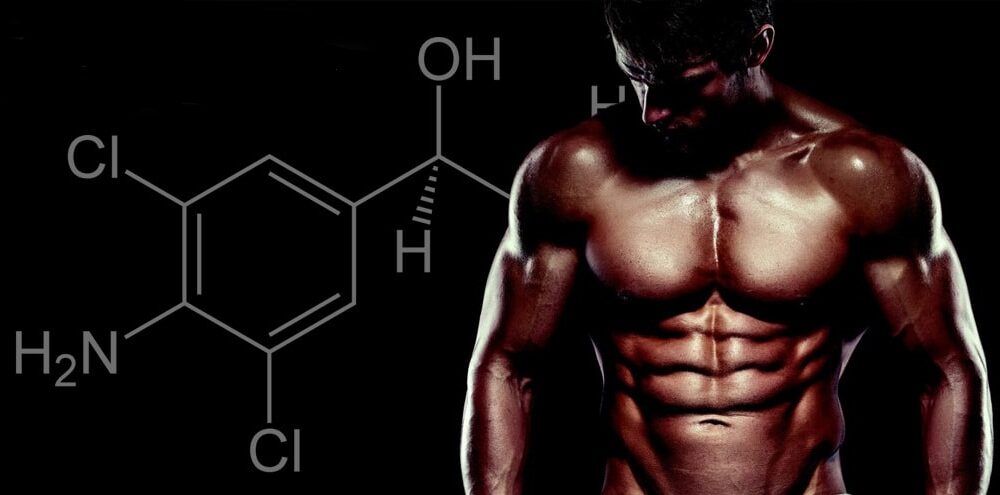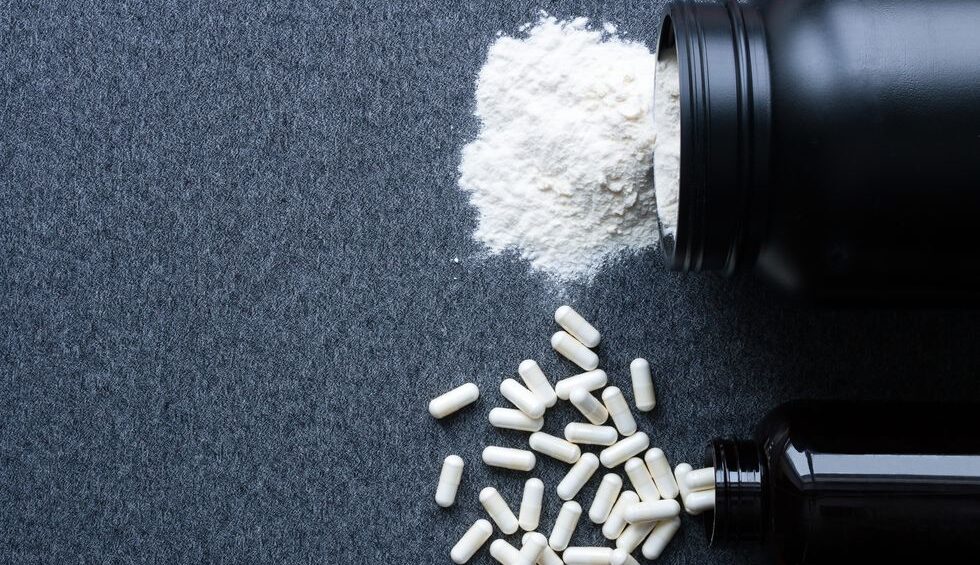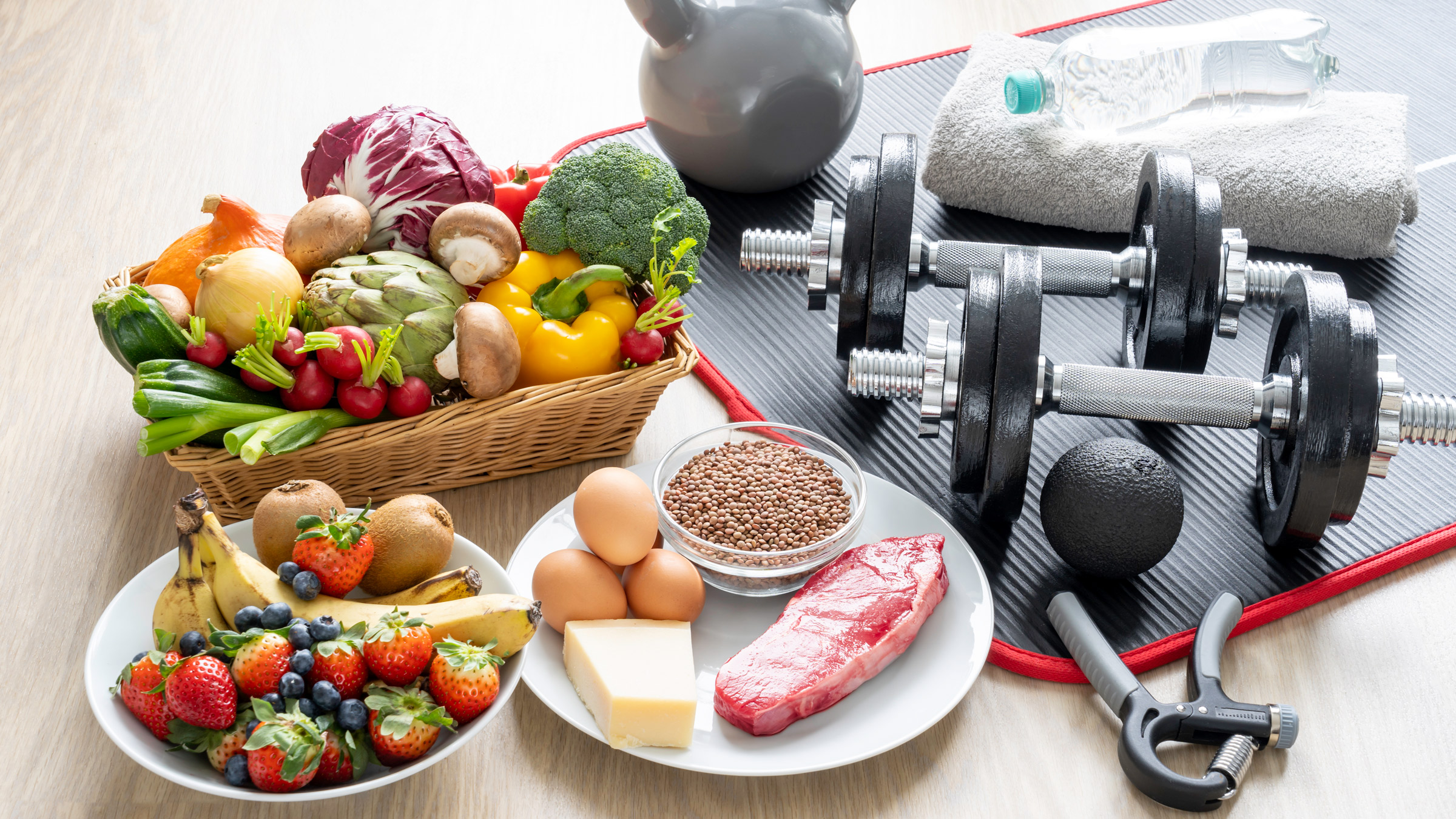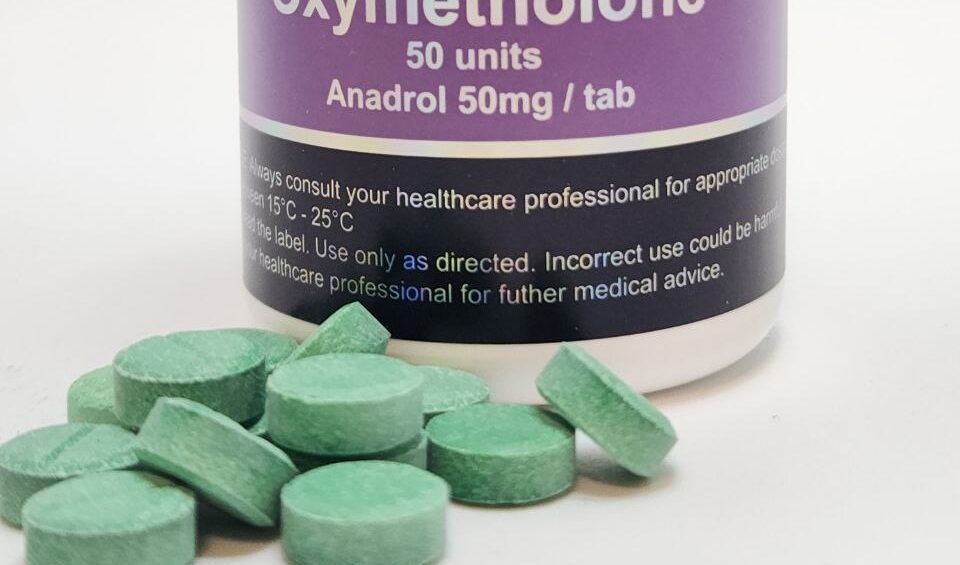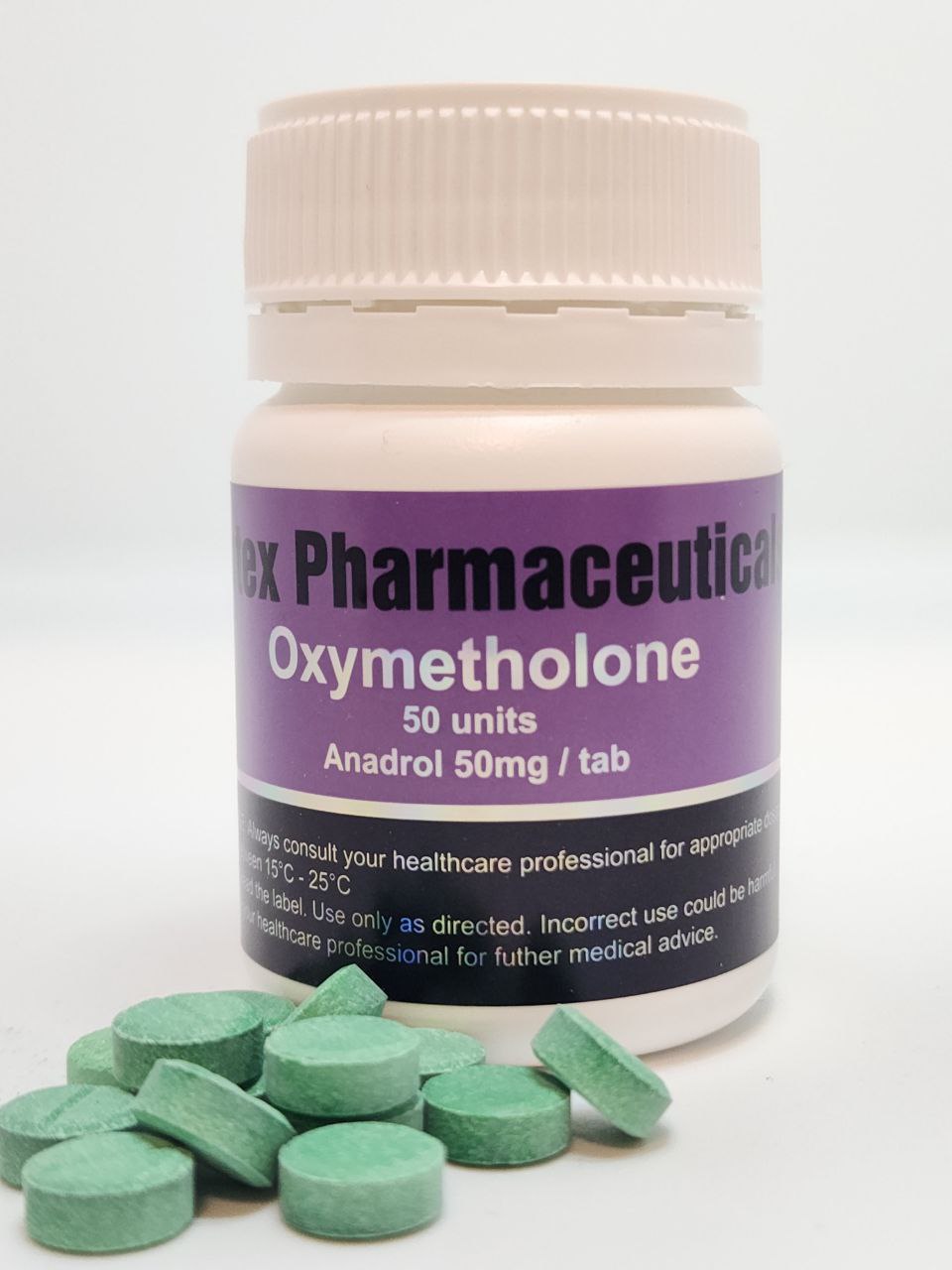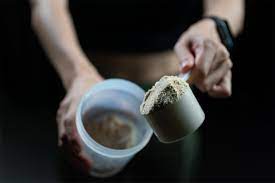Clenbuterol for Bodybuilding Success
When it comes to achieving peak performance in bodybuilding, many enthusiasts turn to supplements to enhance their results. In this article, we’ll explore the role of Clenbuterol for bodybuilding and how it can contribute to your fitness journey.
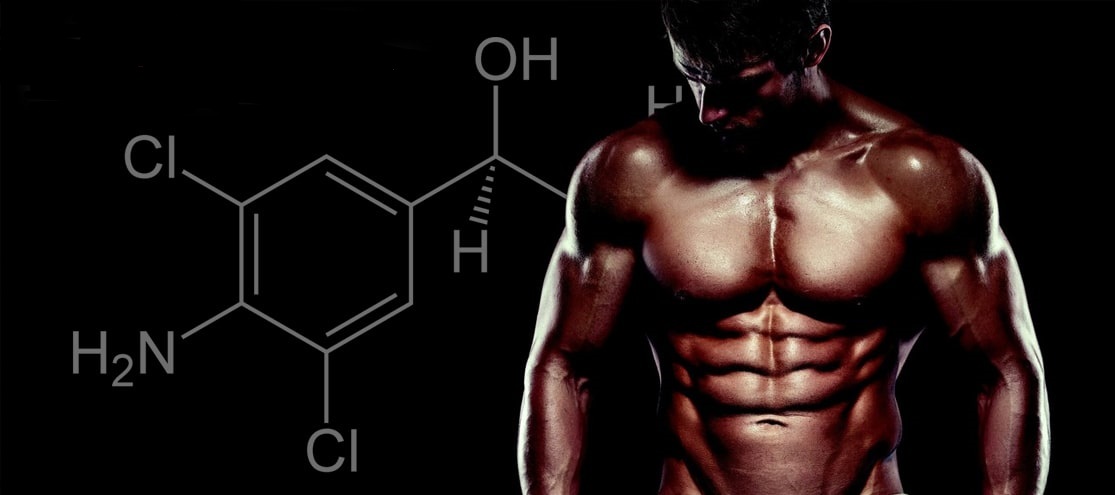
Clenbuterol, classified as a beta-2 adrenergic agonist, has gained popularity among bodybuilders for its versatile effects on body composition.
Clenbuterol’s Role in Fat Loss: One of Clenbuterol’s primary attractions for bodybuilders lies in its capacity to accelerate fat metabolism. By boosting the body’s metabolic rate, it becomes a valuable asset in the quest for shedding body fat while preserving lean muscle mass.
Preservation of Lean Muscle Mass: In contrast to certain weight loss methods that may compromise muscle integrity, Clenbuterol is recognized for its potential to safeguard lean muscle tissue during cutting phases. This characteristic is particularly appealing to bodybuilders aiming for a sculpted physique without sacrificing muscle mass.
Effective Dosage Strategies: Optimal usage of Clenbuterol necessitates a comprehensive understanding of proper dosage protocols. Commencing with a conservative dose and gradually increasing it allows for a measured response, ensuring efficacy while minimizing the risk of adverse effects.
In conclusion, Clenbuterol emerges as a promising supplement for bodybuilders seeking enhanced fat loss and muscle preservation. However, a cautious and informed approach is paramount. Strict adherence to recommended dosage guidelines ensures the safe and effective integration of Clenbuterol into a bodybuilding regimen, unlocking its potential without compromising well-being.
This concise exploration emphasizes the transformative potential of Clenbuterol in the pursuit of bodybuilding goals, providing athletes with valuable insights into its mechanisms and safe utilization.

